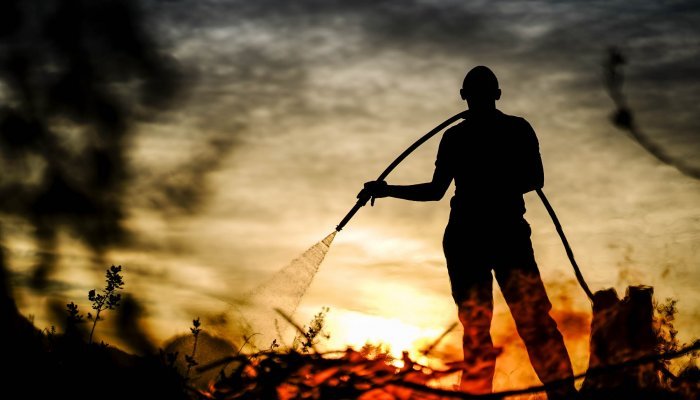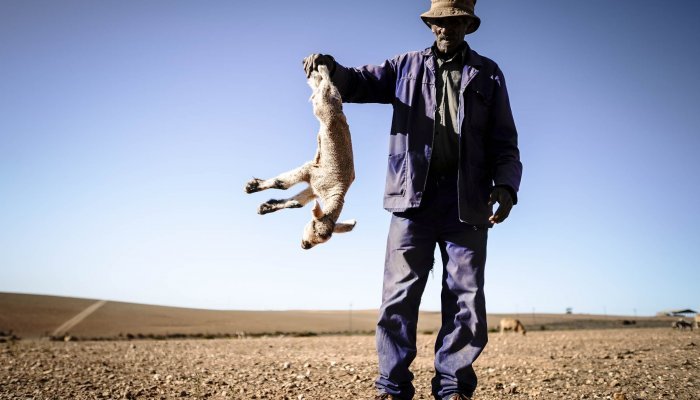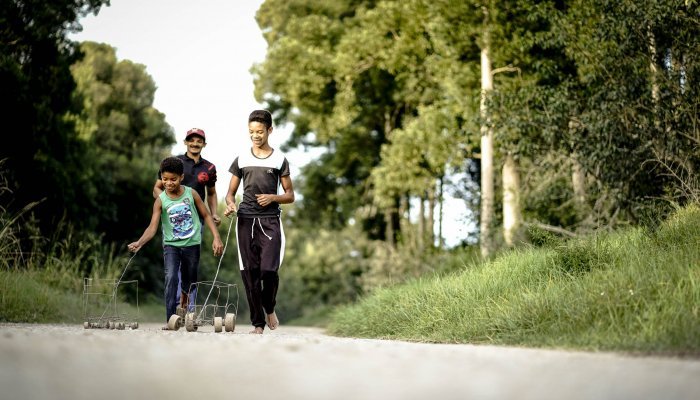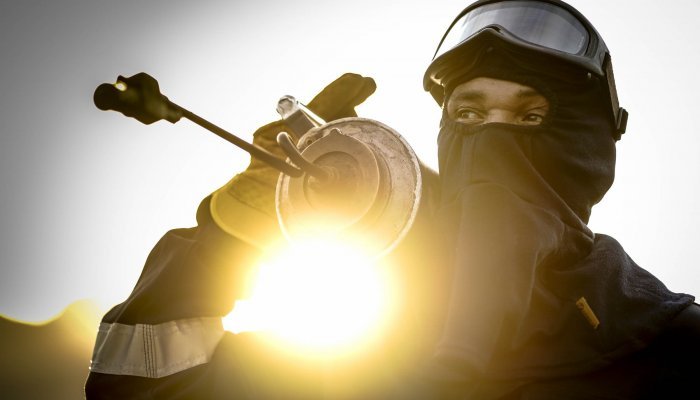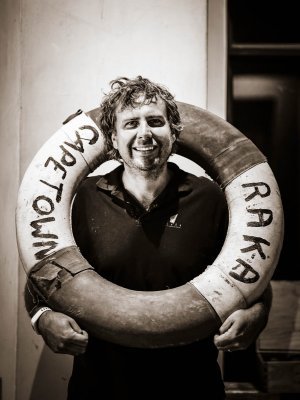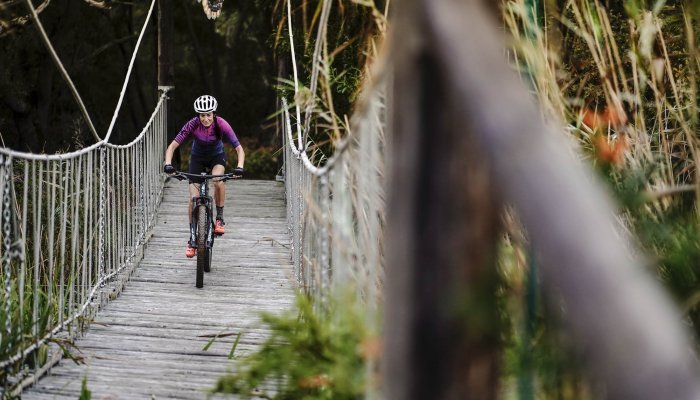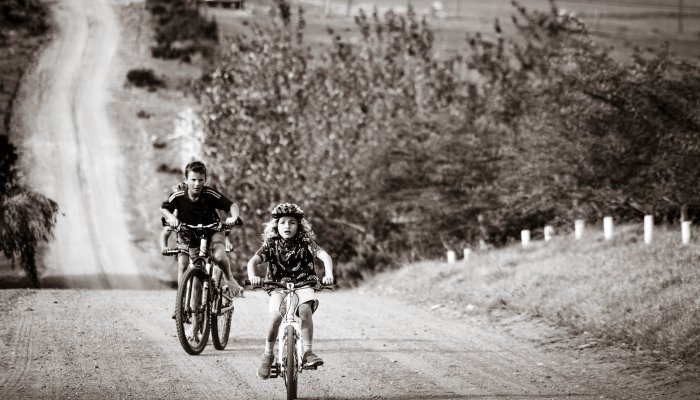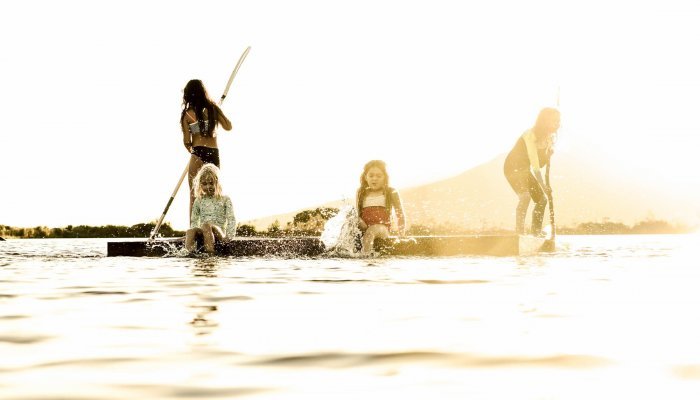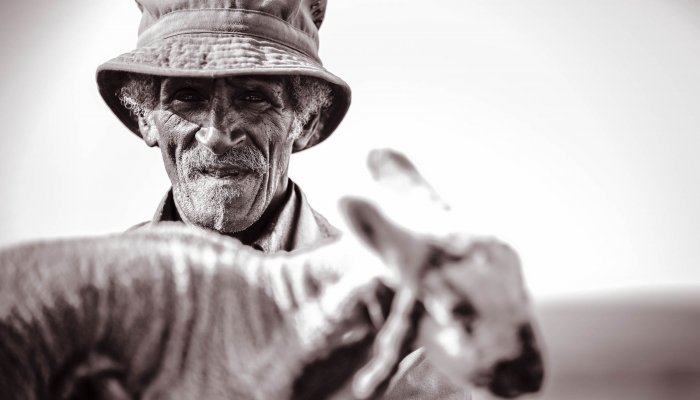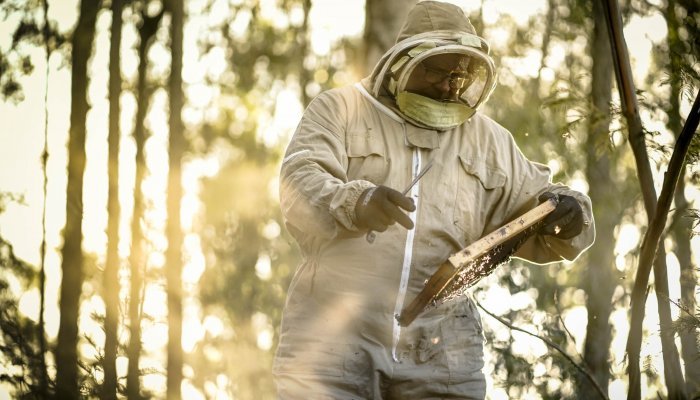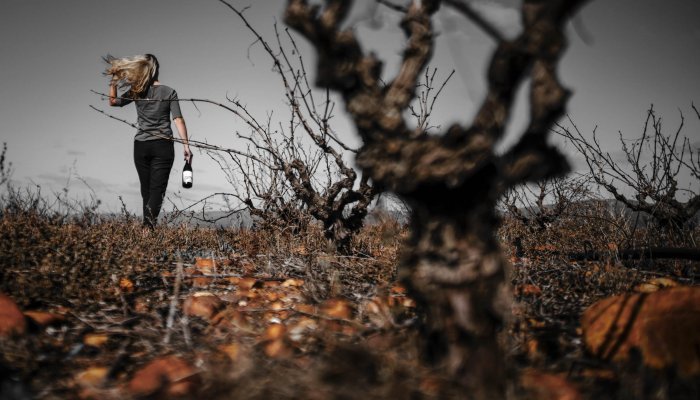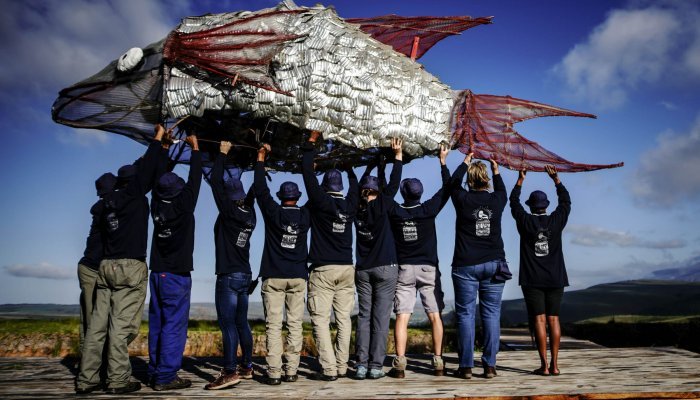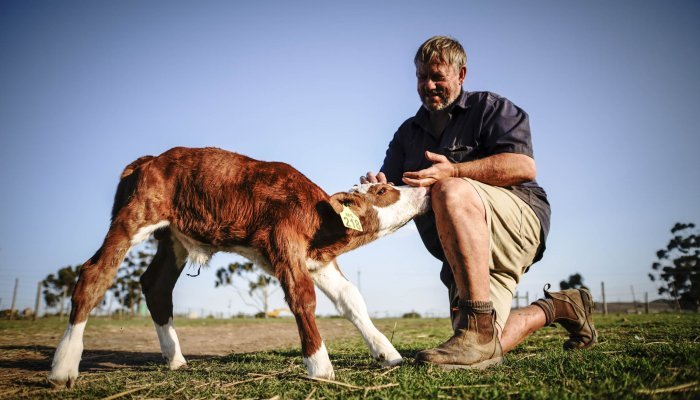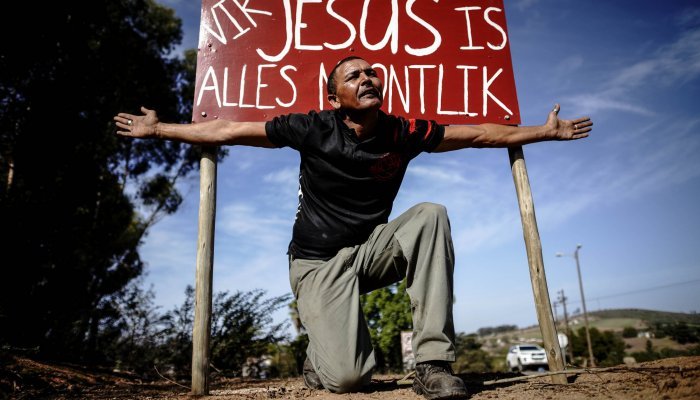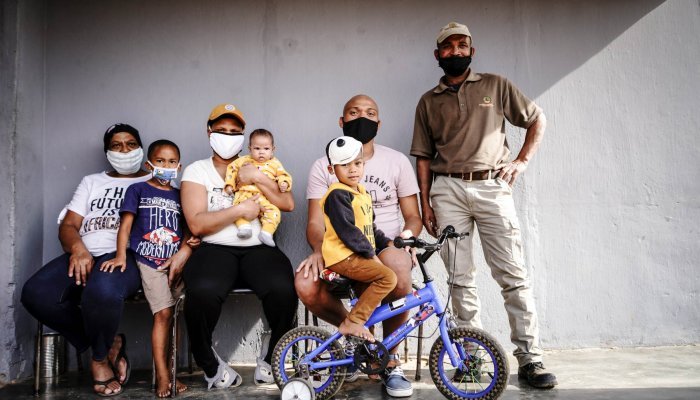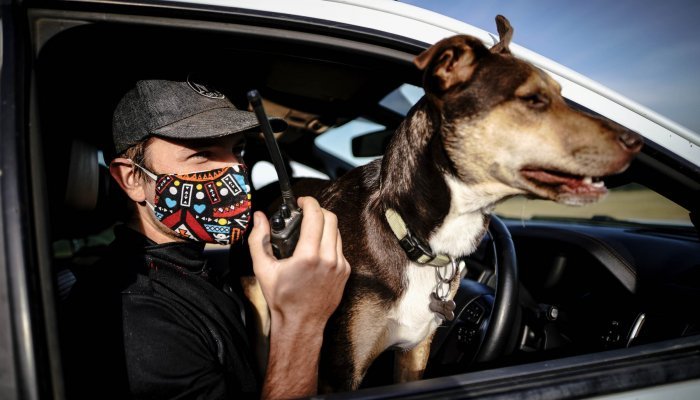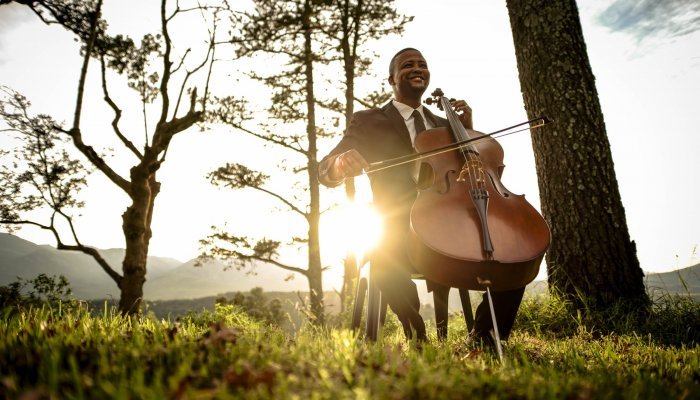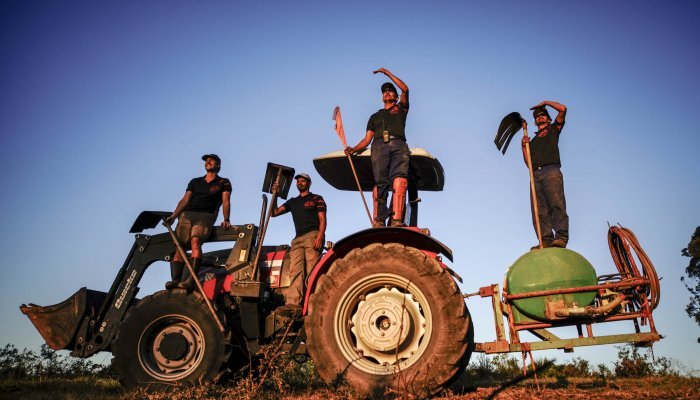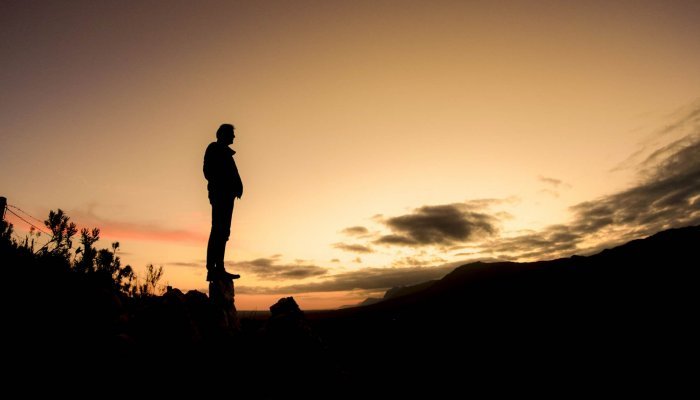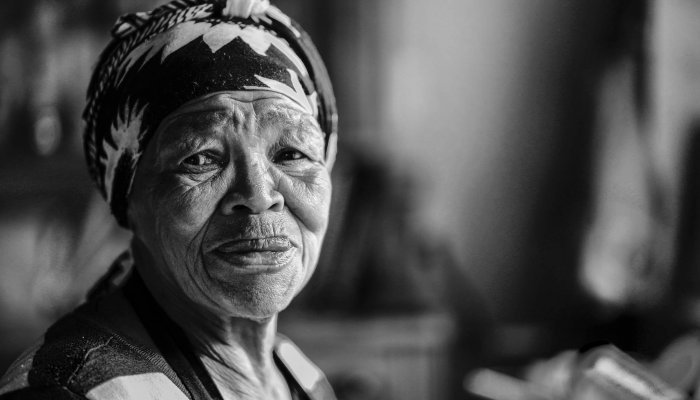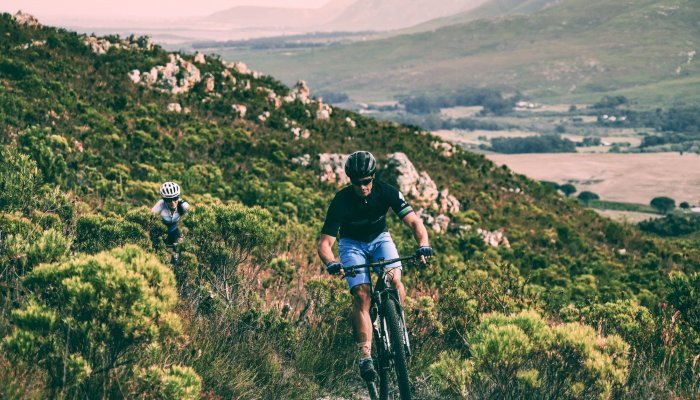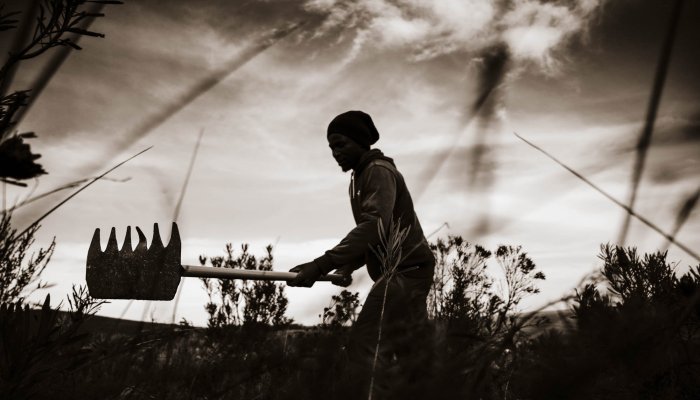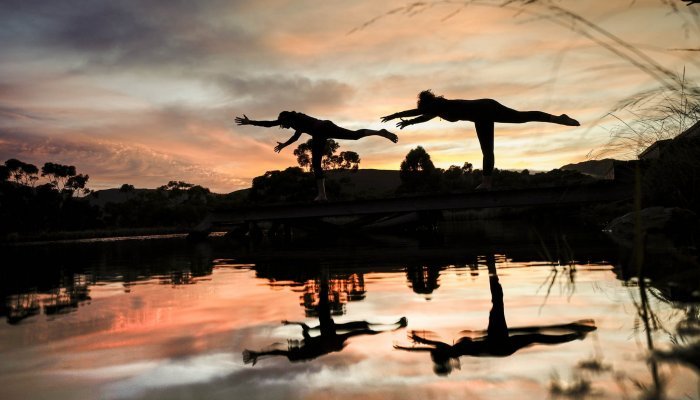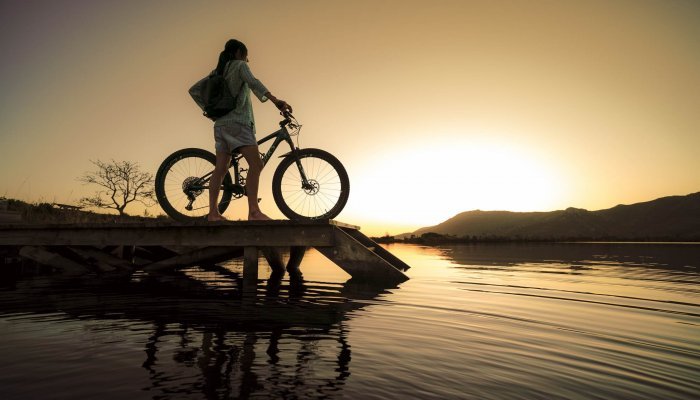“Nature itself is the best physician” – Hippocrates
Hippocrates is globally regarded as the ‘Father of Modern Medicine’ and has been credited as the first physician to separate the ideology of religion from medicine. He stated that diseases were caused by natural factors rather than punishment from the Gods, and concluded many human ailments could be addressed by spending time in nature.
Our ancient Greek healer was not the only student of medicine to reach this conclusion, with research by leading contemporary doctors echoing his findings. An article in the esteemed Journal of Cardiology confirms that immersing yourself in nature for a few hours immediately leads to lower blood pressure and a reduction of cortisol (a quantifiable stress marker).
Positive benefits spike even further when you consciously interact with nature, so go out and smell those flowers, hang from the tree’s branches, immerse yourselves in a freezing mountain pool, or just revel in the utter tranquillity of Mother Nature. And some of the best places in Southern Africa to find this solace are within our more than 400 conservancies.
I know quite a few of these natural spaces intimately, and the knowledge that their existence is under threat due to the world’s longest and strictest lockdown is of huge concern. The move to lower levels has not necessarily been good news, with dozens of questions around essential services, especially for those conservancies working with government institutions.
Life and business have become immeasurably more complicated. The slow unshackling of the economy has brought with it many new questions… Who can return to work, and what are the conditions? What about contractors, and do they need a different set of permissions? More importantly, how do you kickstart an arguably marginal business within the confines of a failing national economy?
Grootvadersbosch Conservancy
“We’ve received countless new protocols that we need to institute,” explains Aileen Anderson of Grootvadersbosch Conservancy. This private conservation concern – funded by a group of local landowners and arguably the Hessequa region’s most successful eco-tourism organisation – has been flooded by a tsunami of bureaucratic regulations which, in the words of Anderson, amounts to ‘impractical craziness’.
“In order for around a hundred of the poorest people from Heidelberg and Suurbraak to return to work, we first need to wade through an interminable mess of red tape compliance,” she explains. “The hard truth is, if corona does not kill these people, the wait without work will.”
Grootvadersbosch is one of my family’s favourite outdoor escapes and can be found hidden away in the Langeberg mountains just beyond the Overberg regional boundary. You need to be ready to venture into the off-the-beaten-track Hessequa, also known as the Explorers’ Garden Route, to find this diverse eco-tourism hot spot.
The conservancy itself borders on a tiny CapeNature Reserve by the same name, but most of the tourism clout comes from the former. A range of eco-tourism and other initiatives draw visitors to the area, including a celebrated mountain biking, trail run and hiking route network, as well as several unique cultural festivals, mostly funded by the landowners and occasional NPO focussing on environmental projects.
As the de facto conservancy manager, Anderson deals with the 19 private landowners, mostly commercial farmers, to whom the additional tourism income has become a critical part of their survival strategies. Self-catering cottages, guest houses and campsites equate to a potential 36,000 bed nights per annum, making for a substantial economic injection.
Even though winter is generally quieter, their overall occupancy rates have plummeted to nearly zero. “Based on current feedback from the 10 accommodation providers, I would estimate that we’ve lost a combined income for conservancy members in excess of R1.1 million,” says Anderson.
John Moodie of Honeywood, one of the conservancy’s historic farmsteads, estimates that three months of lockdown so far has cost him more than 200 overnight bookings. “At our average rate of R350 per person per night, that stacks up to a good R70,000, excluding additional food, wood, guiding services and bee-keeping courses, which constitutes an additional R30,000,” he says.
Like many other conservancy members, Moodie has had to dig deep into his savings accounts to keep his farm and eco-tourism concern afloat and was at least R120,000 into the red by the time this article was ready to go to press. “This is in no way sustainable,” he explains, “and it will be impossible to continue paying my staff a month from now if we don’t generate income.”
Stanford Valley Conservancy
Approximately 200km south-west, the Stanford Valley Conservancy slumbers along the fynbos ridges of the Akkedisberg Mountains, just inland from the stunning village of Stanford. Landowners and adventure operators here have experienced a massive downturn since March, with income streams for individual concerns dwindling by as much as 95% in extreme cases.
Anneke Jacobs, owner of Overberg MTB Events, has been especially hard hit by the lockdown. “A direct and immediate result of the restrictions has seen an immediate and full cancellation of all my mountain biking events for the rest of 2020,” she explains. Events take months to plan and prepare for, and it means she loses any related income for an indefinite time.
I have worked with Anneke on nearly a dozen successful events here in the Western Cape, and this will have serious repercussions on her business. The long-term embargo on sporting events with more than 50 competitors could continue to 2021 or beyond, which has forced her to consider other income options, which include creating new mountain biking, running and hiking trails, and setting up a series of small group adventure tours and training weekends. Right now, her energy is fully focused on creating the new ‘Ultimate Southern Pass Trail’, a single-track mountain bike and trail run route spanning a range of pristine properties in the Stanford Valley.
This eco-tourism project will aim to generate much-needed additional revenue to assist local farmers and landowners to survive economically, and Jacobs has been fortunate to partner with some solid local stalwarts. Currently, the world-class 35km route traverses Stanford Valley Guest Farm and the Beloftebos Valley next door, but plans are afoot to extend it onto Raka Wine Farm and to add wine-tasting as part of the off-the-bike experience.
“I certainly hope and pray that this will not be the ‘new normal’. This disease has brought the whole country to a halt, and we must now take stock of material needs, our families and our friends. I believe the universe demanded a pause – a slow-down and cleansing – and that this too shall pass, so I choose to believe in a positive outcome,” Jacobs enthuses.
Despite losing at least R300,000 in potential income for the year, she feels small eco-tourism operators such as hers have a unique opportunity to re-imagine the future. “This change will not come easy, and in my business it would mean a total restructuring to accommodate small group adventure options.”
Training weekends, group rides and family tours will enable operators such as Jacobs to offer packages operating within the scope of the expected regulations. This will allow the outdoor tribe to continue visiting places of natural beauty, albeit in smaller groups and with more of a non-competitive focus.
“I’ve invested decades of my time and energy into outdoor spaces where you can run, ride or hike, with destinations spanning anything from Greyton and Stanford Valley to the expansive De Hoop Nature Reserve,” Jacobs explains. “Experiencing the pristine beauty, vastness and diversity of these unique spaces makes sense to me, and it recharges mind, body and soul.”
We can only hope that conservancies such as the ones mentioned in this article will continue to exist when budget cuts in South Africa are seeing many nature reserves and national parks poised to potentially fail. As South Africans, our mission will be to play local and stay local for at least the next decade or two, and through local tourism boost their chances of survival.
Visit the conservancies and trails here: www.gvbconservancy.co.za / www.stanfordvalley.co.za / www.beloftebos.co.za
“My advice is always start small, start working together with no money, and start with small tangible things that are easy to achieve and then grow as your capacity and interest does. This will be even more important post-Covid.”
– Aileen Anderson, GVB Conservancy
“It is not going to be an easy journey or an immediate result, but I see a glimmer of light, and as a young South African, I have a role to play in making sure we get our economy back on track. Yes, there will be much devastation, and people will lose their jobs and incomes, but I really believe local tourism will revive, especially if people will support local destinations and start travelling in South Africa rather than overseas.”
– Charla Bosman, Sijnn Winemaker, Breede Renosterveld Conservancy
“We’ve been hit exceptionally hard financially by the lockdown and will need to look at additional ways to make our lives out here in the Platteland financially viable. One way to do this would be to focus even more on our eco-tourism offerings, and this is why our synergy with the ‘Ultimate Southern Pass Trail’ MTB Route will be critical in kick-starting small group outdoor experiences in the area.”
– Andries de Villiers, farm owner in Stanford Valley Conservancy
“I think we must firstly support the locals in our area, whether it involves shopping in a local store or visiting a local recreational spot. I feel sharing experiences on social media will attract other tourists, while word-of-mouth and online marketing will always prove to be invaluable in uplifting these entrepreneurs.”
– Emma-Leigh Prain, intern, Strawberry Hill Farm, Grootvadersbosch
Is virtual eventing the way forward?
Sporting and cultural events arguably rate at the top of the pile of the myriad of industries hit by the coronavirus pandemic’s aftermath. Public gatherings, especially those with big competitor fields, will most probably only be allowed to take place after lockdown has been completely lifted, leaving major event organisers staring down the barrel of certain bankruptcy.
EcoBound Mountain Events is one such organisation, and since their first mountain bike race in 1995, they have never once had to cancel an event. Lockdown regulations have changed all that and they would be fortunate to receive go-ahead on even a single one of their key trail run or mountain biking events in 2020.
The massive upsurge in virtual racing since March this year has seen several organisers create simulation routes and races, but most pundits feel strongly that this could never replace the ‘real thing’. Replicating the vibe and camaraderie of an event held in a place of natural beauty is not possible, but you could use virtual reality as an interim measure, though.
“We are brainstorming ways of challenging people who have already entered our events and will get them to run or ride the designated route in a number of alternative ways,” explains Zane Schmahl of EcoBound. “Whether that means running on a treadmill with APPs like Rouvy, or on an indoor trainer on Zwift, depends on the feedback we get.”
Schmahl also punts the idea of keeping it outside and non-electronic: “Competitors could use any good smart watch and exercise outside according to a set of parameters relating to that specific race in question. They would need to upload their effort to Strava and comply with the rules to make it a worthy entry to the virtual event.”
The idea would be to initially present these as free events to build on the loyalty of existing EcoBound supporters, buoying their spirits on the actual dates when events would have been presented. “Eventually, there could be parallel virtual races presented in conjunction with existing events, allowing international competitors a taste of SA’s top challenges,” he explains.


